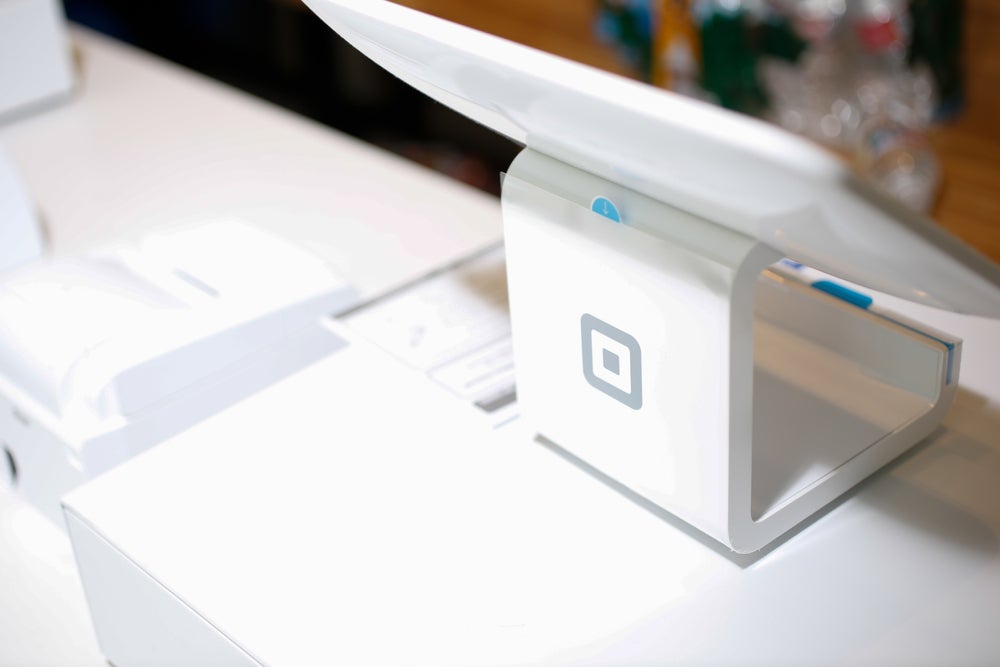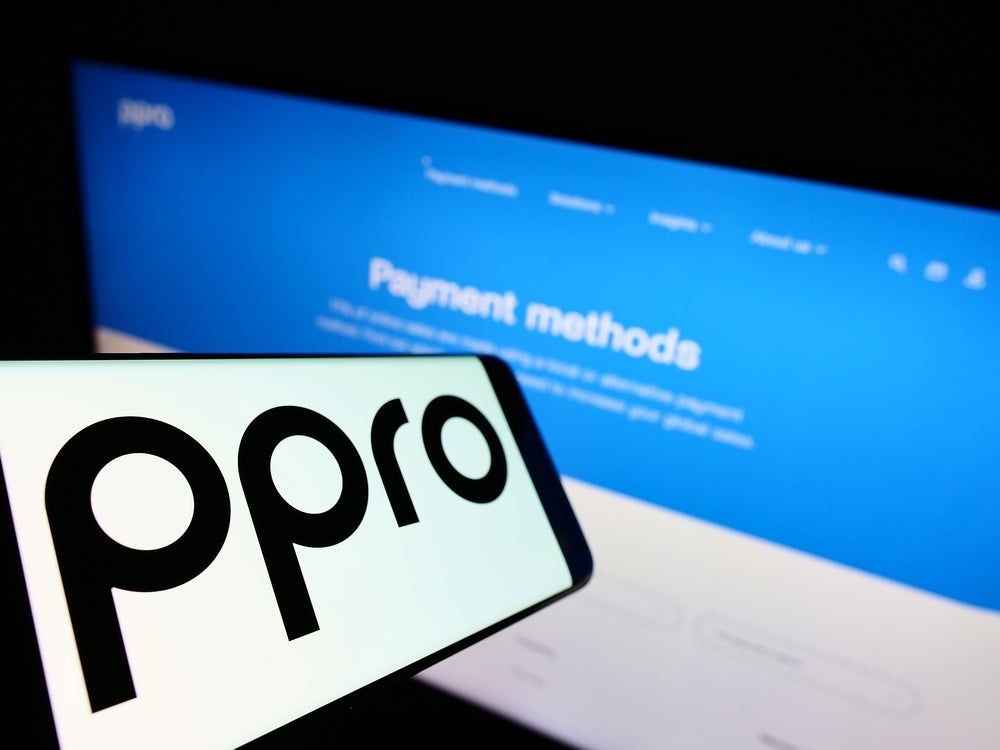One of the greatest impacts of technology on the financial world has been to empower individuals to complete tasks on their own that they may have previously needed a third party.
Peer-to-peer lending is one such example. Now, using online tools, companies which need loans can circumvent banks and borrow directly from would-be investors, through sites such as Zopa and Funding Circle. This is a trend which is increasingly spreading to the payments world. Peer-to-peer methods of money transfer are growing in popularity, which typically means using smartphones to transfer funds directly to a company or individual.
Starbucks in the US now operates its own payments system, which is known as a closed-loop network. This means customers can pay Starbucks directly for their coffee using a mobile app, without the need to introduce another financial intermediary, such as a card network, into the process. More retailers are now considering introducing these systems as a way of improving customer loyalty and convenience, with the added benefit that it grants them direct access to their customers’ details and spending habits.
What’s more, some digital wallet services such as Skrill, can link directly and securely to bank accounts and other apps, like Barclays Pingit, for example, just need a mobile phone number to transfer money directly to an individual or a tradesperson without the need for cards. Facebook recently announced its intention to provide money transfer services, which could be potentially highly disruptive to the rest of the market. As other, digital-only service providers come into the sector, such as Amazon, Google and Twitter, where will traditional providers such as payment card processors and card networks fit into this environment?
In truth, many of the services that traditional providers offer are "invisible" but critical for the payments market to function. Of course, it is incumbent upon card schemes and processors to show the value that they are adding to the end consumer. But they play an essential role in supporting the huge infrastructure which is critical to quick and effective payment processing. Operating a closed loop system is only a feasible option for the largest retailers, who need to have the volume in place to support the technology and terminal estate required, alongside educating their customers on its use.
By contrast, card networks and processors have the robust infrastructure required to process large volumes of payments, along with a commercial and competitive incentive to invest heavily in its ongoing improvement. Networks and processors have the scale and good reason to maintain an active and productive partnership with technology providers in the payments space, putting resource into start-ups designing new apps, and terminal manufacturers. Innovative start-ups often need to team up with a processor to get both financial backing and scale behind their product. Many of these are also reliant on plugging in to the existing infrastructure.
How well do you really know your competitors?
Access the most comprehensive Company Profiles on the market, powered by GlobalData. Save hours of research. Gain competitive edge.

Thank you!
Your download email will arrive shortly
Not ready to buy yet? Download a free sample
We are confident about the unique quality of our Company Profiles. However, we want you to make the most beneficial decision for your business, so we offer a free sample that you can download by submitting the below form
By GlobalDataSecurity is another fundamental element of traditional provider service. Processors invest millions every year into protecting their customers’ details as cyber criminals become ever more sophisticated. As the amount of shopping transacted online increases, this becomes even more imperative. In fact, the consumer protection framework in place around distance selling and online shopping is entirely dependent upon the payment processor network.
In reality, the plethora of new technology in this space presents an opportunity for both new and established participants to de-value the use of cash rather than each other. The explosion of ways to pay has the potential to reduce the volume of cash significantly in areas where it has had a stronghold. This will create a bigger electronic payments market that will accommodate a larger number of both old and new providers, rather than pitting one against the other.
John Curtis, chief operating officer, UK, Global Payments








